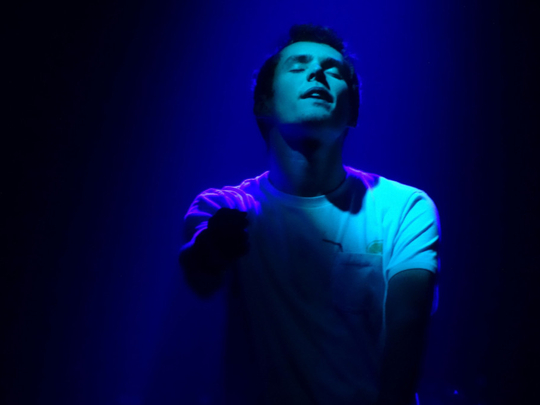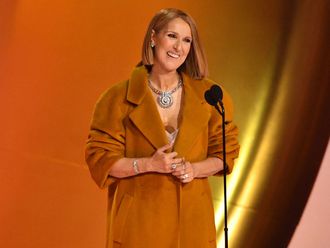
Of all America’s musical heritage, country is among the genres with the least global reach, but a touch of twang has helped make a young Belgian DJ a surprise chart-topper in Europe.
Lost Frequencies, a 22 year old who just a year ago was finishing his degree in economics, has opened his first tour of the US and hopes his popularity will carry over across the Atlantic.
The DJ, real name Felix Safran De Laet, began mixing when he started at university and for the first time had his own laptop, finding electronic beats for classic tracks and posting them online.
Browsing the sharing site SoundCloud in 2014, he stumbled upon Are You With Me, a relatively obscure song by Easton Corbin, a Florida-born country singer who has enjoyed success, but is not exactly a superstar.
To the astonishment of the young DJ mixing at home on a laptop, the song topped the charts in a number of countries including Australia, Britain, Germany and Sweden, and he landed a label contract.
In Britain, Lost Frequencies became the first Belgian to reach number one, a feat never reached by prominent figures ranging from Jacques Brel to Stromae.
“I was kind of hoping for some reaction when I would post a track, that people would say, ‘Hey, that’s a cool track,’” he said before his set at New York’s Webster Hall, his first US performance.
“I never expected to be signed at a label, to have management, to have an entire team working on the show.
“That was not even a dream. It wasn’t even something I was thinking about.”
Classic feel
Lost Frequencies attributes the success of Are You With Me in part to the rarity of country music in Europe at a time when electronic dance music is booming.
“You don’t hear a lot of country in Europe. So when there was this dance track with a little mini touch of country in it, it makes a whole lot of difference, with all the other tracks that have the same production style,” he said.
Lost Frequencies said he has been in contact indirectly with Corbin about collaborating further.
The young DJ has since distinguished himself by working off songs with a classic feel, leaving in the flavour while adding infectious dance beats.
He followed the success of Are You With Me with Reality, a summer-feel track with soulful vocals by the Dutch singer Janieck Devy.
Reality also reached number one in several countries and, along with Are You With Me, appears on the Top 100 “Hall of Fame” of Shazam, the phone app that identifies songs for inquisitive listeners.
Debut album
Despite his embrace of country, Lost Frequencies has yet to find the same giant following in the US.
He attributed the gap to his absence, as the DJ complemented his chart popularity in European countries by playing clubs.
For his first US appearance, Lost Frequencies tinkered with his signature chill vibe and played a harder set to rev up a dance floor in the early hours of Saturday.
He mashed up tracks to strike a balance between the mellow and energetic, notably juxtaposing Bob Marley’s Jamming with James Brown’s I Got You (I Feel Good).
Lost Frequencies will close his US tour in April at one of the most desired appearances for an artist — the Coachella festival in California.
He is also working on a debut album that he hopes to release in mid-2016.
He said he would branch out on the album by writing original tracks without samples. But he still plans on tapping outside vocalists.
“I don’t sing,” he said with a laugh. “I don’t like my voice.”












